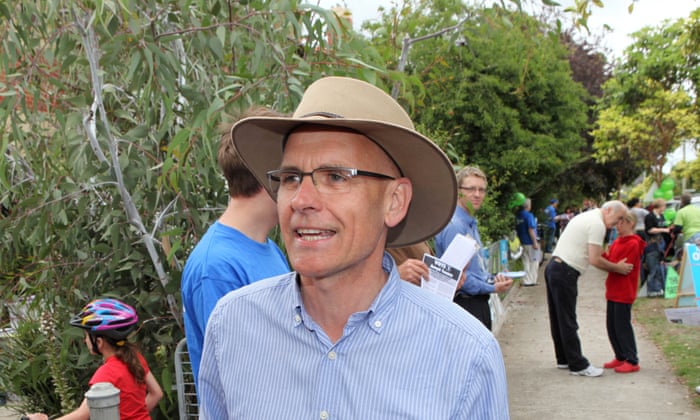https://www.aljazeera.com
 Thirty-nine people were found dead inside the truck container on Wednesday.
Thirty-nine people were found dead inside the truck container on Wednesday.
The 39 people found dead in a trailer shipped from Belgium to Britain are all believed to be Chinese nationals, British police said.
"We have since confirmed that eight of the deceased are women and 31 are men and all are believed to be Chinese nationals," police said in a statement on Thursday.
The Chinese foreign ministry said it was trying to confirm the report, according to the Global Times.
The paper, published by the official People's Daily newspaper of China's ruling Communist Party, said the foreign ministry said "nothing more could be released as of now".
Paramedics and police found the bodies early on Wednesday in a truck container on an industrial estate at Grays, about 20 miles (32 km) east of the British capital, London.
Belgian prosecutors confirmed the container was shipped from the port of Zeebrugge on Tuesday.
The tragedy recalls the deaths of 58 migrants in 2000 in a truck in Dover, England who had undertaken a perilous, months-long journey from China's southern Fujian province.
 Thirty-nine people were found dead inside the truck container on Wednesday.
Thirty-nine people were found dead inside the truck container on Wednesday.The 39 people found dead in a trailer shipped from Belgium to Britain are all believed to be Chinese nationals, British police said.
"We have since confirmed that eight of the deceased are women and 31 are men and all are believed to be Chinese nationals," police said in a statement on Thursday.
The Chinese foreign ministry said it was trying to confirm the report, according to the Global Times.
The paper, published by the official People's Daily newspaper of China's ruling Communist Party, said the foreign ministry said "nothing more could be released as of now".
Paramedics and police found the bodies early on Wednesday in a truck container on an industrial estate at Grays, about 20 miles (32 km) east of the British capital, London.
Belgian prosecutors confirmed the container was shipped from the port of Zeebrugge on Tuesday.
The tragedy recalls the deaths of 58 migrants in 2000 in a truck in Dover, England who had undertaken a perilous, months-long journey from China's southern Fujian province.
They were discovered stowed away with a cargo of tomatoes after a ferry ride from Zeebrugge.
Essex Police were questioning a 25-year-old man from Northern Ireland over the latest tragedy.
He was arrested on suspicion of murder, the police said, adding that raids had been carried out at three properties in Northern Ireland.
Northern Ireland police searched the properties in the Northern Irish village of Laurelvale, County Armagh late on Wednesday, where the driver and his family lived, according to the Belfast Telegraph.
The vehicle has been moved to a secure site at nearby Tilbury Docks where the bodies can be recovered and further forensic work undertaken to begin what police said would be the lengthy process of identifying the victims.
The National Crime Agency said it was assisting the investigation and working to "urgently identify and take action against any organised crime groups who have played a role in causing these deaths".
Shaun Sawyer, the national spokesman for British police on human trafficking, said many thousands of people were seeking to come to the United Kingdom.
Essex Police were questioning a 25-year-old man from Northern Ireland over the latest tragedy.
He was arrested on suspicion of murder, the police said, adding that raids had been carried out at three properties in Northern Ireland.
Northern Ireland police searched the properties in the Northern Irish village of Laurelvale, County Armagh late on Wednesday, where the driver and his family lived, according to the Belfast Telegraph.
The vehicle has been moved to a secure site at nearby Tilbury Docks where the bodies can be recovered and further forensic work undertaken to begin what police said would be the lengthy process of identifying the victims.
The National Crime Agency said it was assisting the investigation and working to "urgently identify and take action against any organised crime groups who have played a role in causing these deaths".
Shaun Sawyer, the national spokesman for British police on human trafficking, said many thousands of people were seeking to come to the United Kingdom.
While they were able to rescue many of those smuggled into the country, Britain was perceived by organised crime as a potentially easy target for traffickers.
"You can't turn the United Kingdom into a fortress. We have to accept that we have permeable borders," he told BBC radio.
"You can't turn the United Kingdom into a fortress. We have to accept that we have permeable borders," he told BBC radio.


